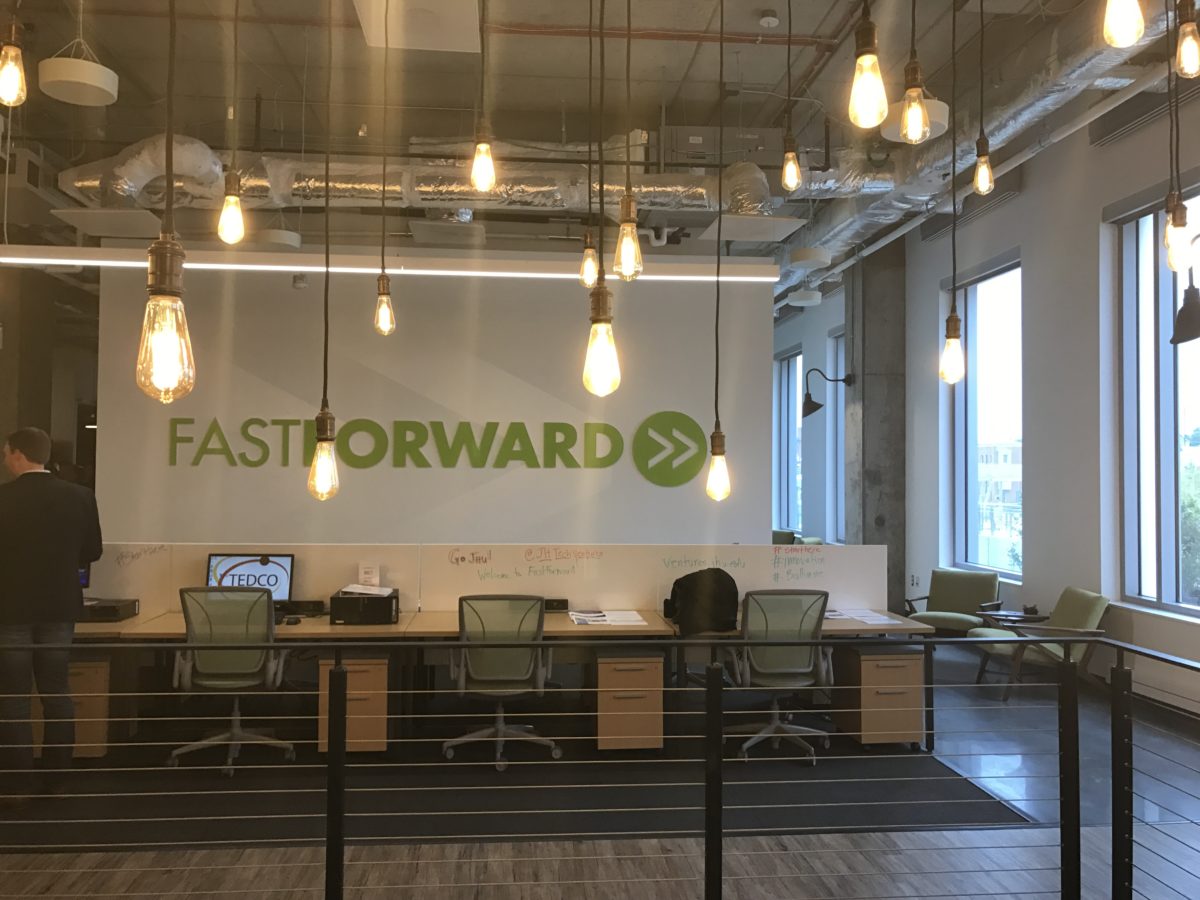UK biopharmaceutical company Vaccitech has acquired Johns Hopkins spinout Avidea Technologies in a deal valued at $40 million.
Vaccitech developed the technology behind the AstraZeneca COVID-19 vaccine in partnership with Oxford University, and went public in the US earlier this year. The 60-person firm is looking to create a US footprint and improve its R&D capabilities by melding Avidea’s 14-person team into the company.
Avidea’s SNAPvax platform allows for the creation of better and stronger immunotherapies for cancer and infectious diseases by utilizing a part of the immune system called T-cells.
The clinical stage company is seeking to continue development of this platform. Joining a publicly-traded company with infrastructure in place will provide more resources as it seeks to advance to clinical trials to determine the safety and efficacy of the treatment.
“[Vaccitech] is the means for us to continue to advance the science,” Geoffrey Lynn, who is cofounder and CEO of Avidea, told Technical.ly.
The deal was valued at $40 million, broken down into approximately $12.5 million in cash and $27.5 million in Vaccitech American Depository Shares, with additional potential future payments conditioned upon the achievement of certain development milestones.

Following the acquisition, Avidea will be known as Vaccitech and plans to double the team of 14 people over the course of the next year. In the immediate term, it will still be headquartered at its offices on Ashland Ave. near the Johns Hopkins campus in East Baltimore.
With roots in Maryland, the Avidea team wants to continue to build locally going forward. But with more growth beyond the next 6-12 months, it could run into a limitation that’s well-known to the local life sciences community: the shortage of wet lab space available for emerging firms. Efforts by Johns Hopkins, the University of Maryland BioPark and others have helped to create more lab space alongside research hubs in recent years, and new developments at Port Covington are seeking to bring new wet labs online elsewhere in the city, as well. But whether the company’s US arm is located in Baltimore City or elsewhere in Maryland could be dependent on whether there is space available to grow, Lynn said.
What’s certain is how the early-stage resources offered in Baltimore helped propel the company to this acquisition.
Founded in 2016 by Lynn and Andrew Ishizuka, Avidea is among a generation of biotech ventures that are building companies based on technology developed at JHU’s renowned medical school. The company’s team has been building during a period when Johns Hopkins Tech Ventures has grown support for early-stage companies coming out of the university. It’s offers the space for startups like the FastForward innovation hub at 1812 Ashland Ave. where Avidea is based, as well as connections to folks who can help move businesses forward and mentorship. Lynn said JHTV’s resources were key to propelling the company forward. Avidea was also welcomed into Baltimore’s tech community as a whole, pitching at Betamore’s Beta City in 2018.
“It took a village to build this,” said Lynn. “…The infrastructure that’s been set up here in Baltimore by Johns Hopkins Tech Ventures gave us opportunities to grow along the way.”







